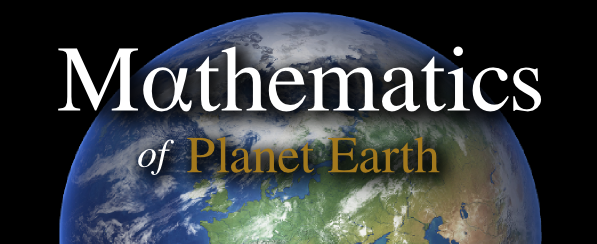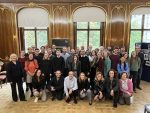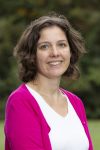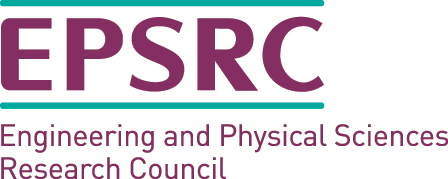From the last week of June until the 1st September I took part in the Met Office Training and Research (MOTR), as part of the Mathematics of Planet Earth CDT.
Inspired by the highly popular and successful Geophysical Fluid Dynamics Summer School at the Woods Hole Oceanographic Insitution in the USA, it is a 10 week-programme, hosted by Met Office in Exeter. The PhD students have the opportunity to handle an applied research topic outside the area of their PhD, diversify their portfolio and experience the working and social life at the Met Office.
In the first two weeks we participated in a summer school. In particular in the first week there was a lecture course on ”Regional Climate Variability and Change”. In the morning the lectures were given by David Karoly from University of Melbourne on “patterns of climate change”, starting from the basic concepts of the climate systems and then expanding to the climate change attribution. In the afternoon we had specialist lectures by Met Office and University of Exeter scientists about El Nino, modelling paleoclimates and attribution of extreme weather events.
 David Karoly giving one of his lecture on attribution of regional climate change patterns.
David Karoly giving one of his lecture on attribution of regional climate change patterns.
In addition, in the afternoon we had to do lab work working in pairs, using Climate Explorer, choosing a specific continent of the world and investigating past climate and future climate projections for that area. My colleague and I selected South America and we gave a presentation about that. During the second week we participated in the workshop “Future opportunities to inform UK regional projections”, with a lecture given by Ed Hawkins, amongst others, talking about sources of uncertainty. From the third week onward each student started a research project in different Met Office research groups. A different colleague and I worked within the Atmospheric Processes and Parametrization group (APP), supervised by Gabriel Rooney. My project was on numerical simulations and theoretical aspects of colliding density currents. Other colleagues were placed within the Climate Science, Dynamics groups and Informatics Lab, a partner of Met Office. A typical day for us at Met Office started at 9am, meeting almost every day with Gabriel at 9.45 am, coffee break at 10.30 for half an hour or so (where I also met Annelize, previously in Reading), 1 hour lunch break and then “working” again until 5.30 pm or so.

Not quite our typical day at Met Office (found on a desk at Met Office)
Also, once a week we had the meeting with the smaller convection group, where everyone was asked to give an update of their own work. We also attended journal club sessions on Fridays and a brainstorming meeting on 21st July. It was nice to take part in these events, even being only summer interns. During the project phase we had also weekly advanced seminars by Glenn Shutts and Mike Cullen, mainly about large-scale dynamics and hierarchies of operational models used in NWP.

Glenn Shutts giving a lecture on Rossby waves breaking.
Personally, it was a wonderful experience for several reasons. The Met Office is a very pleasant place to work, with very friendly and flexible people. Since I think my project was quite academic I did not find many differences with working at university itself. Nevertheless, interacting with new people in a new environment has provided me with new inspirations and insights. I had the chance to talk with several scientists and also a chief Meteorologist, since I was curious about the activities carried out in the Operational room and how much communication there is with the research side. There were some social and sports events organised by MOSSA (Met Office Social and Sports Association) which I really enjoyed (picnic and sports day), getting the chance to meet and to talk with people of other research divisions. Finally, to top it off, I visited Exeter a lot and the area around, mainly during the weekends and the 5 days of holidays agreed at the beginning, even going to Cornwall for 2 days.
In the end I would like to thank all of the organisers, my supervisor and all the people I talked with for giving me and my colleagues this very valuable opportunity which I will keep always in mind for my future career.






Reported by Carlo Cafaro






